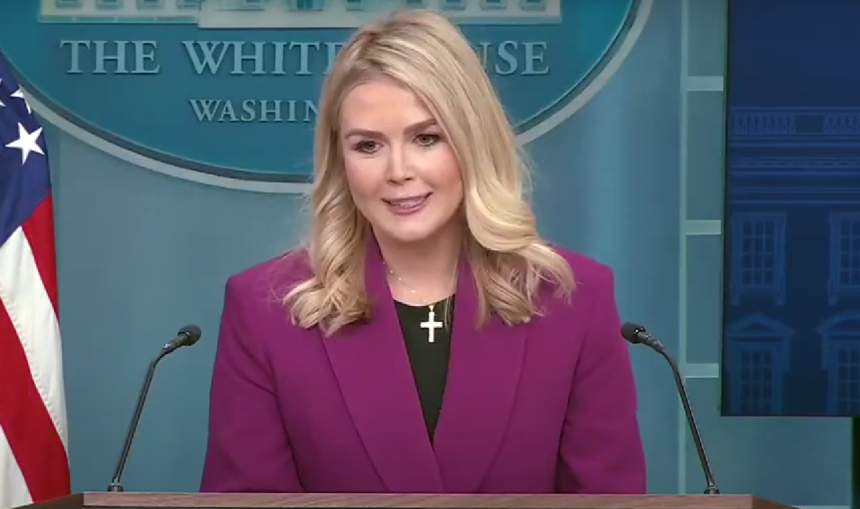The U.S. State Department has announced the suspension of millions of dollars in foreign aid, including funding for condom distribution in Gaza. The decision comes as part of the Trump administration’s broader effort to cut government spending and ensure that aid programs align with the “America First” agenda. This controversial move has sparked debate among policymakers, humanitarian organizations, and public health experts who warn of potential public health risks in the region.
Since returning to office, President Donald Trump has reassessed foreign aid programs to ensure that taxpayer dollars are used in ways that align with his administration’s priorities. As part of a 90-day suspension, the State Department is reviewing all aid programs, with exceptions granted only for emergency food assistance and military aid to key allies like Israel and Egypt. Among the programs affected is the funding for condom distribution in Gaza, which has been a staple of U.S. humanitarian aid for years. The White House Press Secretary Karoline Leavitt labeled the funding “a preposterous waste” of taxpayer money, arguing that American resources should be focused on domestic issues rather than on programs that don’t contribute to U.S. national interests.
The decision has already started to impact international aid agencies, many of which rely heavily on U.S. funding. The United Nations’ refugee agency (UNHCR) has announced that it will reduce expenditures and freeze operations in response to the funding cuts. Filippo Grandi, head of UNHCR, has warned that the move could exacerbate health crises in high-need areas, particularly in Gaza, where humanitarian conditions are already dire.
For years, USAID’s foreign assistance programs have included condom distribution as part of its HIV/AIDS prevention, care, and treatment efforts. Health experts warn that the abrupt halt in funding could lead to increased rates of sexually transmitted diseases (STDs) and unintended pregnancies in the war-torn region. Many humanitarian workers fear that restricting access to contraceptives will disproportionately affect women and young people, who rely on such programs for safe family planning.
In addition to pausing funding for condom distribution, the Trump administration has placed at least 56 USAID officials on leave, citing allegations of undermining the government’s efforts to reshape foreign aid policies. Critics argue that this move is an attempt to purge officials who oppose Trump’s foreign aid agenda, while supporters see it as a necessary step toward reforming bureaucracies that misuse taxpayer funds. The administration has also cut funding for various non-governmental organizations (NGOs) that, according to officials, contradict U.S. foreign policy interests. Some of these organizations have been instrumental in providing reproductive health services in regions affected by conflict, poverty, and instability.
The funding suspension has received mixed reactions from lawmakers, political commentators, and foreign policy analysts. Supporters of the policy argue that foreign aid spending should be closely monitored to ensure that it directly benefits U.S. interests. They claim that taxpayer money should not be wasted on programs that don’t serve a strategic purpose. Critics argue that cutting funding for contraceptives in Gaza is shortsighted and could lead to negative health consequences that may increase humanitarian crises in the region.
Internationally, organizations like the United Nations and global health NGOs have condemned the funding cuts, warning that this policy could set a dangerous precedent for future foreign aid programs. The decision to suspend condom distribution in Gaza is part of a larger trend in U.S. foreign aid policy under Trump’s leadership. The administration’s focus on cutting costs and prioritizing domestic spending could lead to further reductions in humanitarian aid worldwide.
For Gaza, the funding suspension may have long-term consequences, including increased rates of STDs and unintended pregnancies due to reduced access to contraceptives, strained healthcare systems as hospitals and clinics lose crucial funding for reproductive health services, and heightened tensions between the U.S. and international aid organizations that depend on American funding to maintain humanitarian operations.
Meanwhile, the State Department’s ongoing review will determine which aid programs will be permanently cut or reinstated. If this decision stands, it may signal a shift away from U.S. involvement in global public health initiatives and toward a more restrictive approach to foreign aid.
The halt in funding for condoms in Gaza is more than just a budgetary decision – it is a political statement about the future of U.S. foreign aid under the Trump administration. As the State Department continues its review, the world will be watching to see how these policy changes impact humanitarian efforts, public health, and America’s role in global affairs. For now, the fate of many international aid programs hangs in the balance, and the question remains: Will the U.S. continue its decades-long tradition of foreign assistance, or are we witnessing a new era of isolationist policy?






